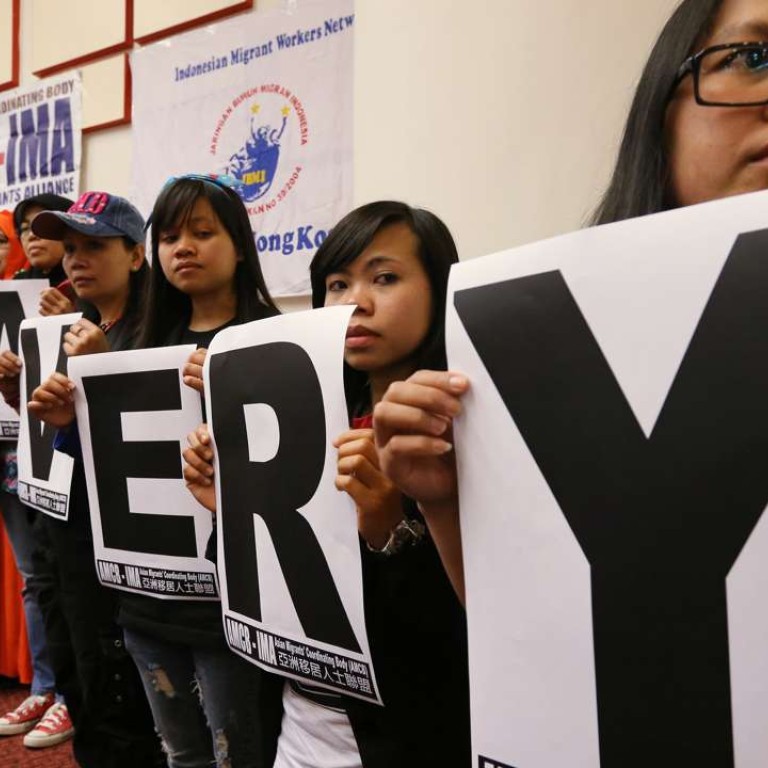
Hong Kong must lead the fight against human trafficking, rather than just do the bare minimum
Tony Read says the government needs to first admit that the city plays a role in the global problem, and then enact an anti-trafficking law that can be a model for the region
Over the past 10 years, governments in developed countries around the world have become increasingly aware of the evils associated with the trade in people, or trafficking, and have taken steps to prevent it by enacting appropriate legislation, training officials and actively fighting this crime.
This has become a major initiative across the globe. No country is free from its scourge, and most recognise that, in order to make a difference to the estimated 35 million people who experience modern-day slavery, all countries must work together. However, it has become increasingly clear that our efforts so far have yielded little success in reducing this statistic significantly, despite some remarkable improvements and changes.

Hong Kong losing the fight against human trafficking, US report finds
One is the reinstatement of Thailand to the Tier 2 Watch List, after it was downgraded to Tier 3 last year due to its appalling record of slave labour in the shrimp fishing industry. Many non-governmental organisations working in Thailand have protested that, despite some significant efforts to tighten up this trade, the Thai government has not done enough to justify this reinstatement.
At the core of the issue is the government’s failure to issue a comprehensive set of anti-trafficking legislation under one heading, which includes labour trafficking and sex trafficking. The government says this is not needed because it already has a whole suite of domestic legislation covering all aspects of trafficking, albeit in a piecemeal manner. This goes hand in hand with its long-standing denial that Hong Kong is a destination, transit and source territory for trafficking and thus does not need such legislation.
Hong Kong does not need laws against human trafficking, says government: victims are routinely criminalised, says Bar Association

Human trafficking in Hong Kong: hidden in plain sight
It is sad to see this stand-off happening now, when the writing has been on the wall for several years, going by the previous reports. At a time when the rest of the world realises they need to step up their efforts and take even more stringent measures if they are to have any hope of combating slavery effectively, Hong Kong seems to want to be the odd one out and do the minimum.
Is it too much to enact some joined-up legislation and embark on a holistic plan of action? Or is Hong Kong once again going to wait until it is forced to take action by a process of judicial reviews, as has been the case with asylum legislation? It would be so gratifying to see Hong Kong take the lead for once in human rights promotion and be a model for the rest of Southeast Asia to follow. What better way to do this than to take the initiative in fighting trafficking and become a catalyst for the rest of the region to increase their own efforts against this modern-day slavery?
Tony Read works with anti-trafficking and refugee NGOs in Hong Kong
